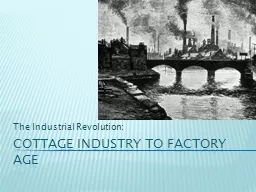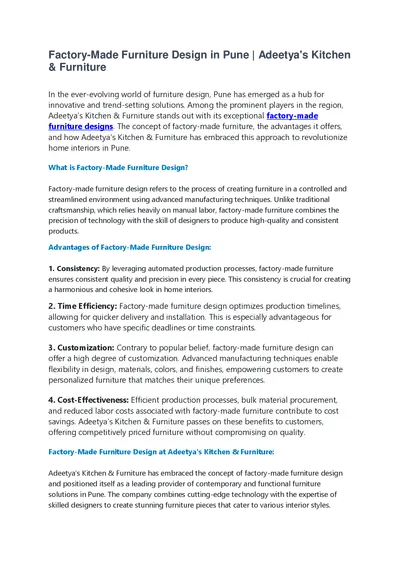PPT-“If I went to work in a factory the first thing I'd do is
Author : conchita-marotz | Published Date : 2017-07-03
Franklin Delano Roosevelt What was distinctive about Britain that may help to explain its status as the breakthrough point of the Industrial Revolution Since its
Presentation Embed Code
Download Presentation
Download Presentation The PPT/PDF document "“If I went to work in a factory the fi..." is the property of its rightful owner. Permission is granted to download and print the materials on this website for personal, non-commercial use only, and to display it on your personal computer provided you do not modify the materials and that you retain all copyright notices contained in the materials. By downloading content from our website, you accept the terms of this agreement.
“If I went to work in a factory the first thing I'd do is: Transcript
Download Rules Of Document
"“If I went to work in a factory the first thing I'd do is"The content belongs to its owner. You may download and print it for personal use, without modification, and keep all copyright notices. By downloading, you agree to these terms.
Related Documents














